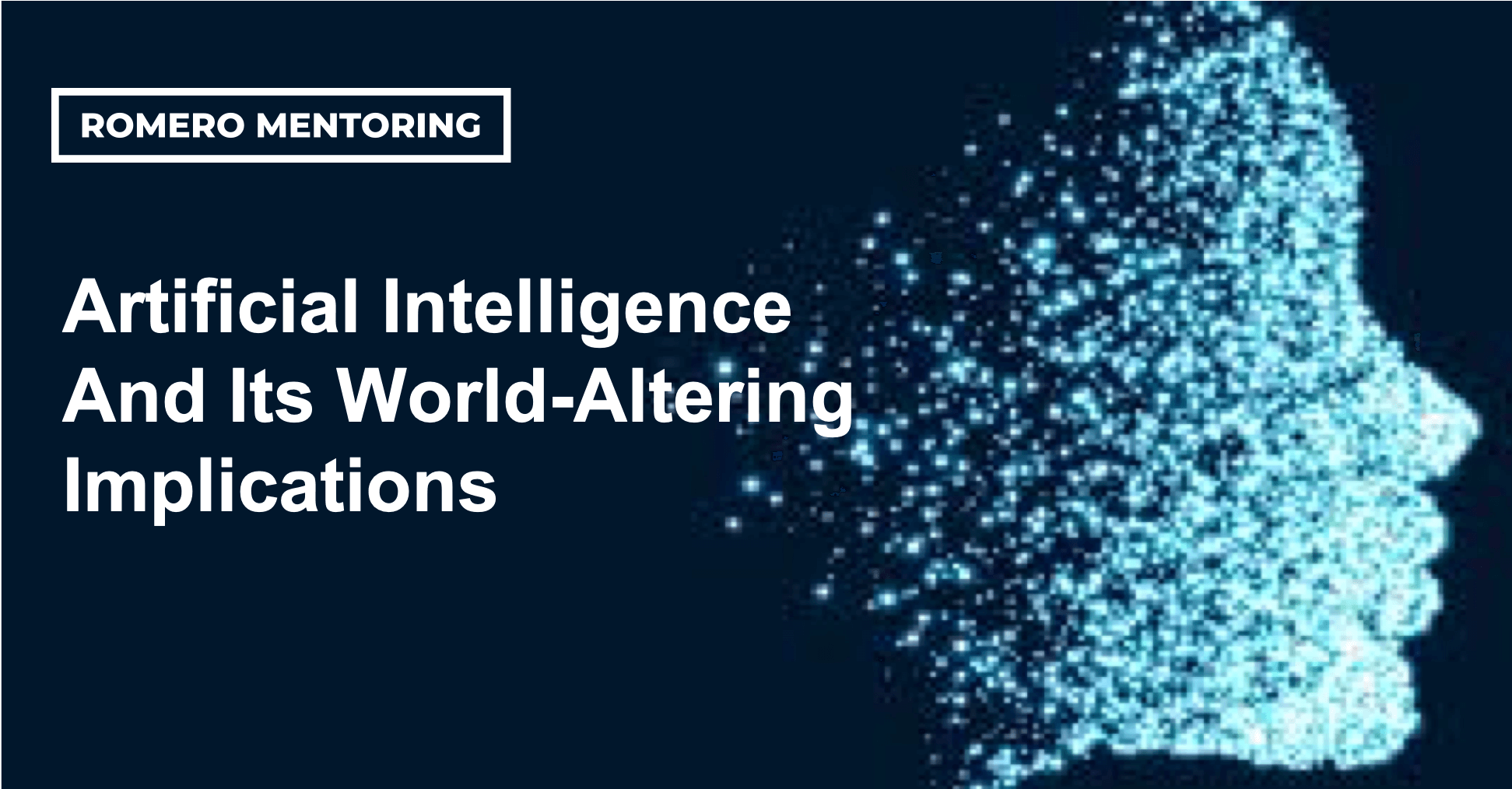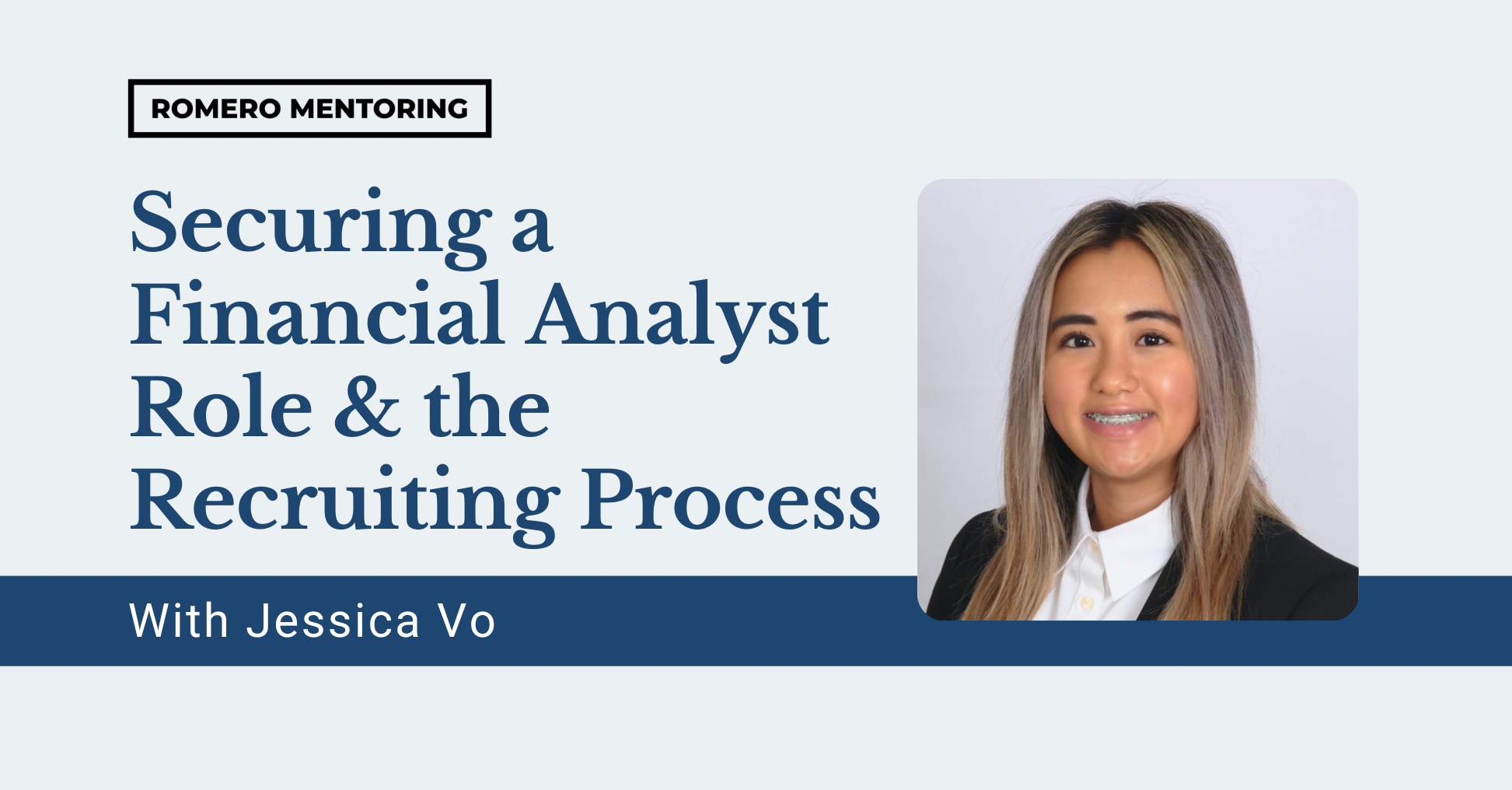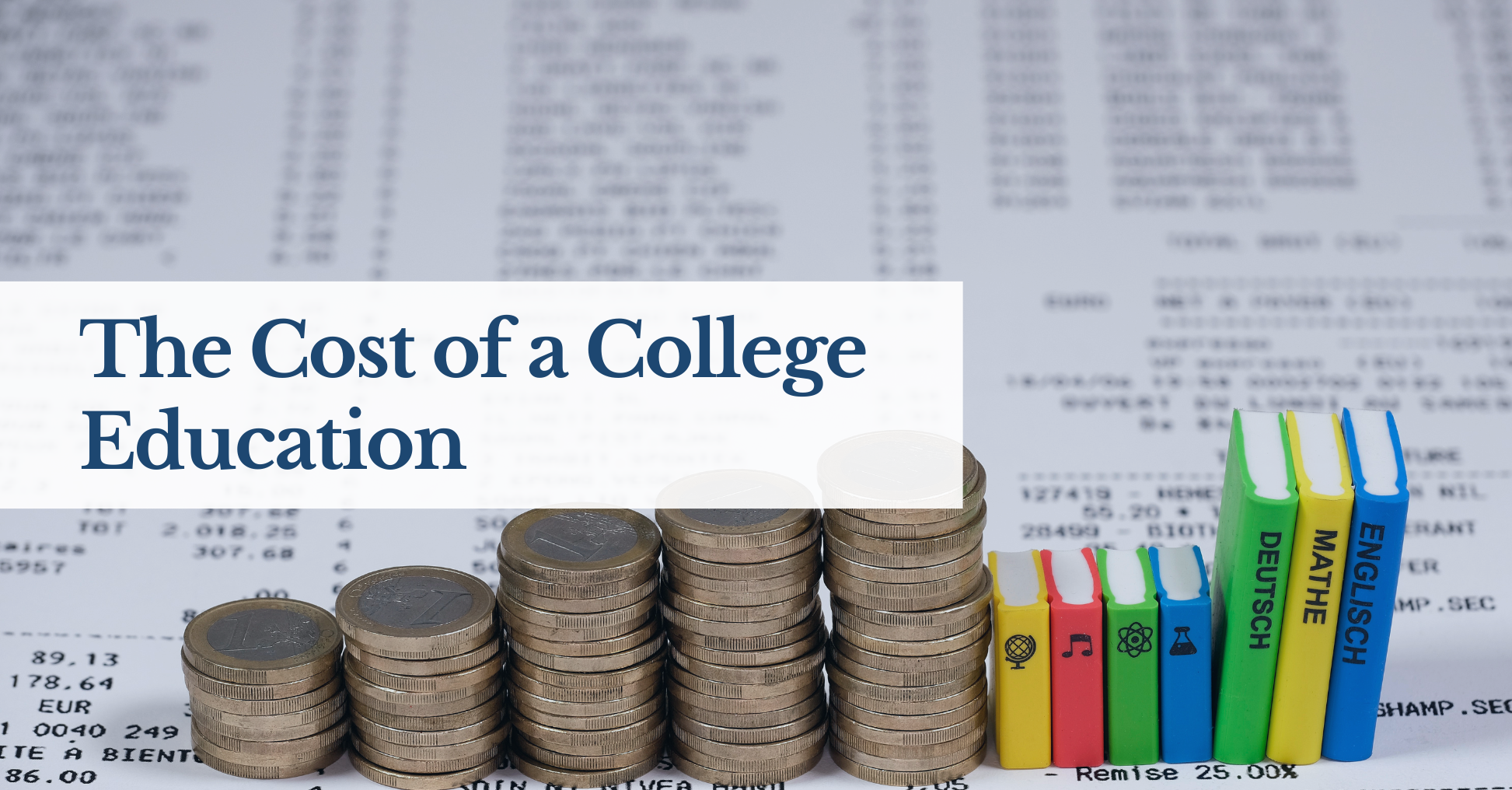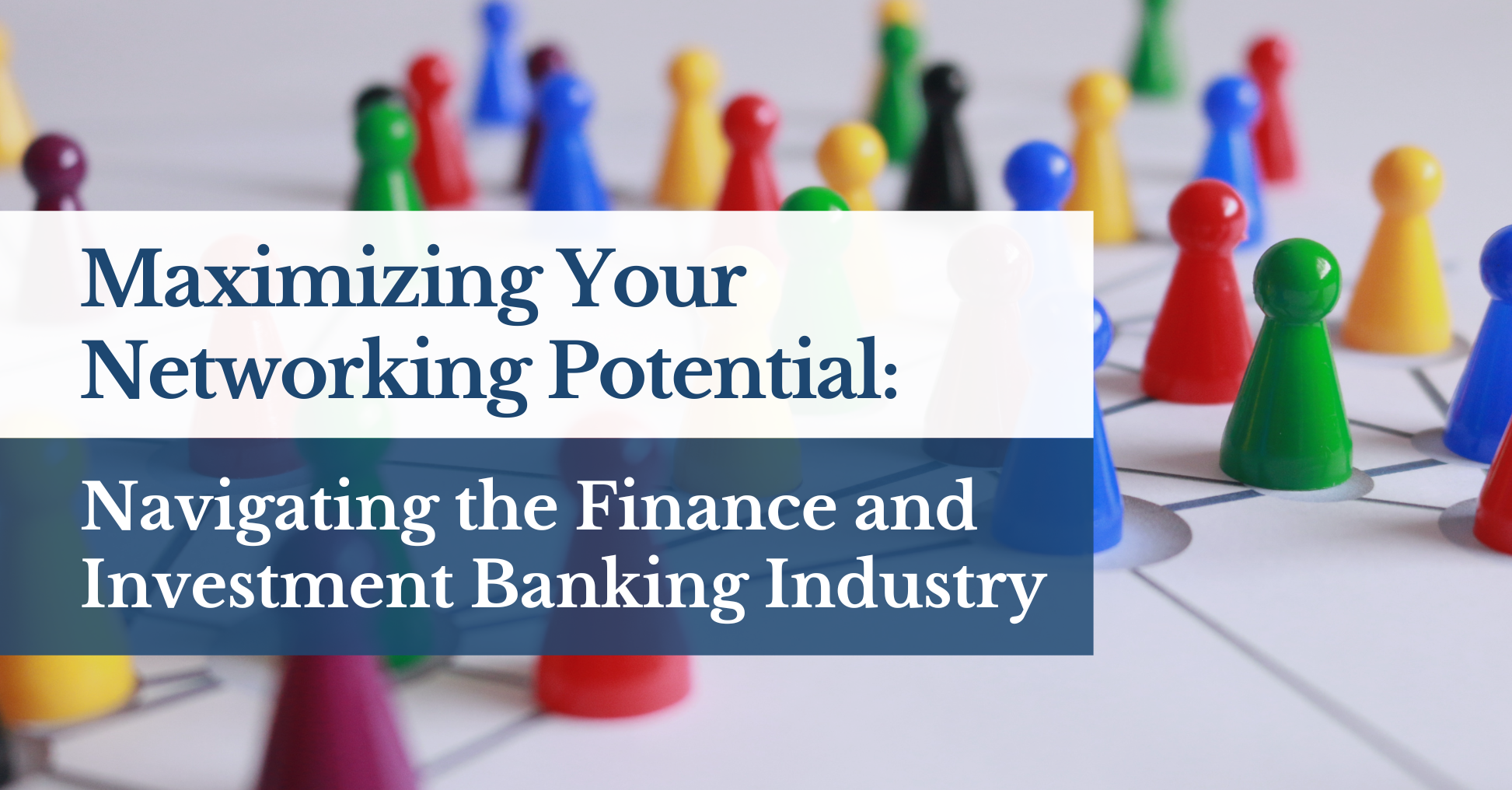Key Takeaways:
- Understand the definition of Artificial Intelligence
- Forecast the future of the financial industry with the onset of AI
- Realize the impact of AI on the human populace
Machine Learning and Deep Learning techniques are driving efficiency across all industry verticals. Artificial Intelligence has managed to disrupt industries such as retail, defense, education and healthcare by introducing customer analytics, threat detection, adaptive learning programs, and image analytics for early disease detection. According to a recent report by PwC, AI could add as much as $15.7 trillion to the global economy by the end of this decade.1
The rapid growth of Artificial Intelligence is posing a lot of challenges to many organizations as they are still trying to evaluate its long-term impact, cost effectiveness, security and process vulnerabilities due to its open source nature, the complex infrastructure it requires to operate, and more importantly, its ability to integrate with existing business and infrastructure functions.2
Although AI poses a lot of challenges because of its rapid growth and effectiveness, it is safe to say that the possibility of AI becoming a part of our day-to-day lives in the future is quite strong. Given the industries which are being affected by AI, the industry which I want to look and analyze most closely is the Financial Services Industry. The reason for my vested interest lying with this industry is because I want to understand how AI is about to change the dynamics of value creation globally and the risk which it poses onto financial advisors. The whole purpose of this article is to answer these questions and give an unbiased view of its effectiveness in relation to the banking and securities world.
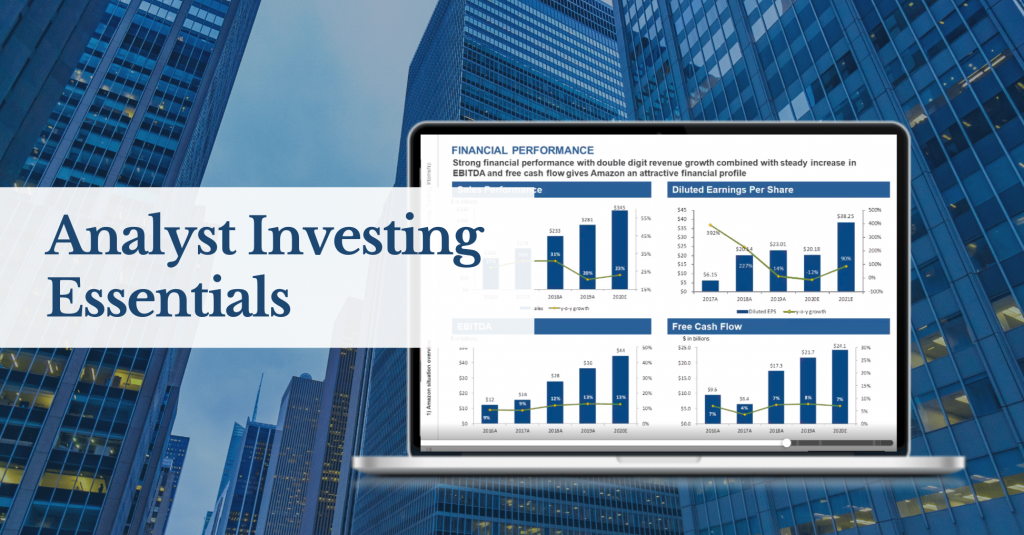
What is Artificial Intelligence?
Before diving into AI’s future and its scope in the Finance Industry, it is imperative to first understand what Artificial Intelligence really is. According to Deloitte’s forum report, Artificial Intelligence is a suite of technologies, enabled with autonomous learning and adaptive predictive power.3 Artificial Intelligence can boost our ability to:
- Recognize Patterns.
- Anticipate future events.
- Create good rules and make more informed decisions.
This new wave of technological progress is changing the whole business dynamics. In order to understand what this change is, consider looking at how business was conducted traditionally. The numbers on the left side of the balance sheet informed you about the success and scope of your business. Efficiency was a function of human labor and knowledge. Cost-effective revenue growth was achieved through standardization of products. However, with the influx of AI, revenue growth will be achieved through highly customized products and personalized interactions, which gives consumers a plethora of choices of the same product. Technological improvements will make operations efficient enough that efficiency will no longer be a function of your knowledge and human labor. The asset size will no longer be the most important determinant of the success of the business as companies offering more nuanced products and services will be able to compete with companies having double digit numbers on the balance sheet.
Future of the Finance Industry Given the Influx of AI
Now that we have understood the meaning of AI, it is safe to advance and explore its impact on the finance industry. Given the change in the traditional business dynamics, the new era of AI will bring about the following changes:
Market Data Collection: As I continue my internship process at Romero Mentoring, I realize that as an analyst I will need to know the news related to deals and stock fluctuations as they happen and sometimes beforehand. An artificial intelligence platform could help analysts like me by systematically collecting, analyzing and classifying news along with the market sentiment. AI can pull out data from hundreds of thousands of analyst reports, SEC filings, conference calls, press releases and investor presentations in just a matter of minutes. In my experience, collecting and analyzing data takes most of my time while performing business due diligence, corporate valuation, technical analysis and developing integrated business models. AI can use advanced interpretation of key words and help people like me save time by classifying and arranging those data in a systematic order. The question, which you should ask me is if AI will only work if the data collected is correct and accurate. The answer to that is today, AI systems have become so advanced that they autonomously verify and cross-reference data to ensure high data quality. The latest generation of analytic bots can gather information from real life conversations and give more accurate and precise advice to clients.
Predictive Analysis: Predictive Analysis is the process by which computer models are used to predict future events. With the help of historical data sets and complex algorithm, AI will now be able to predict future events more accurately. This will allow bankers to make more informed decisions with low margin of error. In 2017, BNP Paribas launched an AI powered tool called Smart Chaser which recorded the trades made through their company and identified patterns that led to a failure. The system was then used to predict the probability that a particular trade may need manual intervention in the future. According to reports by BNP Paribas, Smart Chaser had a prediction accuracy of 98%. The combination of data and such AI-powered tools will prove to be extremely beneficial to gauge the market sentiment, stock-value predictions and cyclical turnarounds, which would eventually help bankers make better judgement calls.4 However, the Sales and Trading department of banks will take a blow because with tools like Natural Language Processors, computers will be able to comprehend human speech and give them solutions to their problems in real-time basis. In fact, there has been a 20-30% reduction in front office sales and trading headcount over the last few years.5
Research Analysis: As we all know, there are two sides in the field of banking: A buy side and a sell side. As a sell-side business, the reports generated for the buy-side are biased towards the issuing investment banks. Equity analysts are extremely cautious about writing negative comments about their client’s stocks or bonds; management also wants to preserve a long-lasting healthy relationship with clients who have been using their services for a very long time. Research Analysts can now use automatic basic financial processes to give neutral investment recommendations with the help of AI.
Other Fields: Not only does AI help with these three key analysis judgements for banks, it also eases the process of abiding to regulations. Anti-Money Laundering (AML) teams will find their jobs to be much simpler and easier as AI would be able to detect any suspicious financial transactions and ensure no dirty money is being laundered. This would promote transparency and curtail fraudulent activities. Another vertical that could be derived from AI is biometric identification. With the help of biometric identification such as fingerprint and eye recognition, the way authorities approve reports, transactions and other documents could be changed.
Potential Job Displacement in the US and Globally
Given the benefits Artificial Intelligence provides, it doesn’t take a genius to understand that these benefits come with a high cost. According to a report published by Wells Fargo and Opimas, around 600,000 jobs (200,000 in the US and 400,000 globally) are estimated to be displaced in the Banking Industry due to the emergence of AI.6 Unlike other industries, banks do not need factories, manufacturing plants, and showrooms to soar their profits. Their biggest expense are their employees. If banks can replace employees with robots, they could increase their margins substantially. Unlike humans, these machines do not need coffee breaks, sick leaves, vacations or health benefits to work. These machines can go on for days without getting tired and pat on the back. Today, at big bulge bracket firms, automation and technology has already started to replace highly paid employees like stock and bonds traders. According to Marty Chavez, former co-head of the securities division of Goldman Sachs, the trend of “bankers who code” will soon become the sentiment of Wall Street.7
These numbers pose a huge threat to the livelihood and existence of the human race. The emergence of AI will take public policy into a new unchartered territory. The government will need to enforce certain rules and regulations to ensure that humans are not overshadowed by automation. The government could potentially regulate the use of technology in the industry to sustain human development and involvement because after all, it was our genius that led to the development of these super genius machines and without humans, machines cannot operate. Since AI has not caused a mayhem in the populace as of now, policymakers are exerting their efforts around more important areas. However, sooner or later they will have to deviate their focus from other matters to this one to preserve their jobs as well as jobs of their fellow sapiens.
Concluding Thoughts
It is safe to say that AI could improve the world of business for the better but in reality, we have not reached the top of technological innovation to give machines the remote to our lives. Just as humans, machines also need training, experimentation, modification and innovation for them to become a success story. Something as small as misinterpreted signal could lead the stock market to crash and destroy lives of an entire population. The future of AI is very strong, but the costs associated with obtaining these benefits are also huge. Artificial Intelligence and Machine Learning will marginalize human interaction and could possibly eat-up conventional jobs. However, for us to make consistent progress and compete with machines, we will have to continuously uplift our potential, innovate and keep up with the coming times for as it is said, “if you snooze, you lose.” It is all up to us to embrace our potential and reap the fruits of the seeds we sow.
Romero Mentoring’s Analyst Prep Program
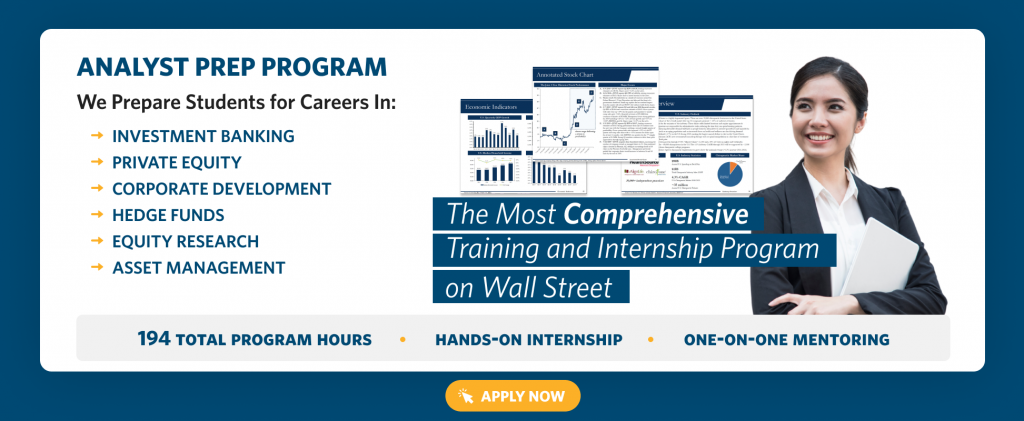
The Analyst Prep Program teaches the technical and practical skills that investment banks, hedge funds, and private equity & consulting firms look for in a candidate. Students begin with little to no technical skills and develop into fully prepared professionals who can perform as first-year analysts from day one through the program’s training and internship.
Our Story
Luis Romero, founder of Romero Mentoring, spent five years developing an analyst training program that he wishes he had when he was in college – especially one that gave him access to a complete training and finance internship experience that could advance his career. Since no opportunity like this existed to him at the time, Luis went through a stressful recruiting process like so many others have. He successfully landed a full-time job offer upon graduation and worked as an M&A analyst at Credit Suisse in NYC for two years. He then moved to the buy-side as a junior trader and analyst. After gaining experience there, he created his own fund, Romero Capital, and later become an instructor in financial modeling and valuation. After working with hundreds of professionals and analysts, Luis became committed to creating his own mentoring program because he understood the crucial need for a hands-on, personal experience in the competitive world of finance.
References
- Business Insider: https://www.businessinsider.com/sc/artificial-intelligence-companies?IR=T
- Petuum: https://petuum.com/2019/04/02/seven-challenges-of-adopting-artificial-intelligence-solutions/
- Deloitte: https://www2.deloitte.com/content/dam/Deloitte/uk/Documents/financial-services/deloitte-uk-world-economic-forum-artificial-intelligence-summary-report.pdf
- bobsguide: https://www.bobsguide.com/guide/news/2019/Jun/26/how-ai-could-shape-the-future-of-investment-banking/
- investmentbank.com: https://investmentbank.com/artificial-intelligence/
- CTMfile: https://ctmfile.com/story/one-in-five-finance-jobs-to-be-lost-to-automation
- Forbes: https://www.forbes.com/sites/jackkelly/2019/10/08/wells-fargo-predicts-that-robots-will-steal-200000-banking-jobs-within-the-next-10-years/#23bfeb6068d7


